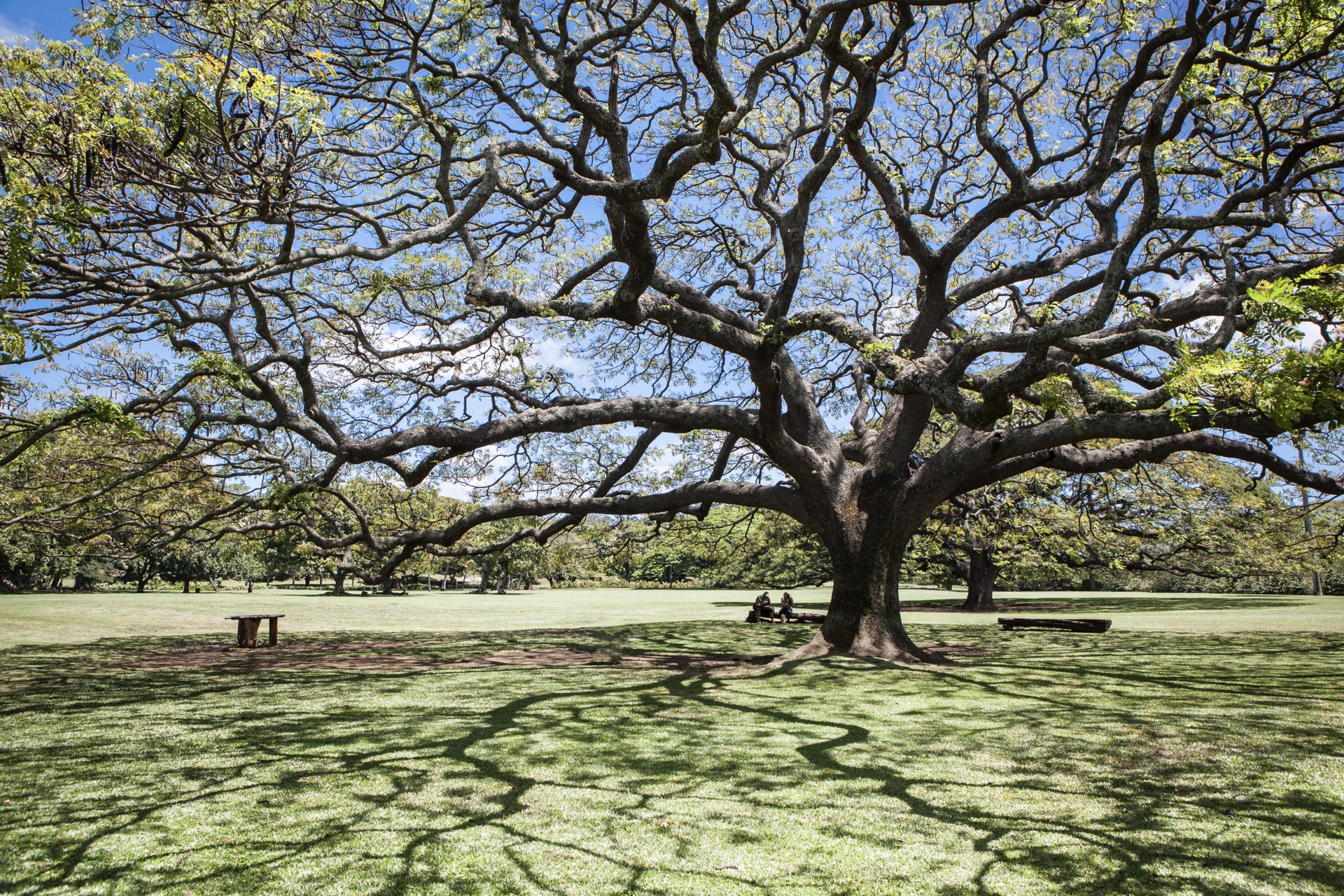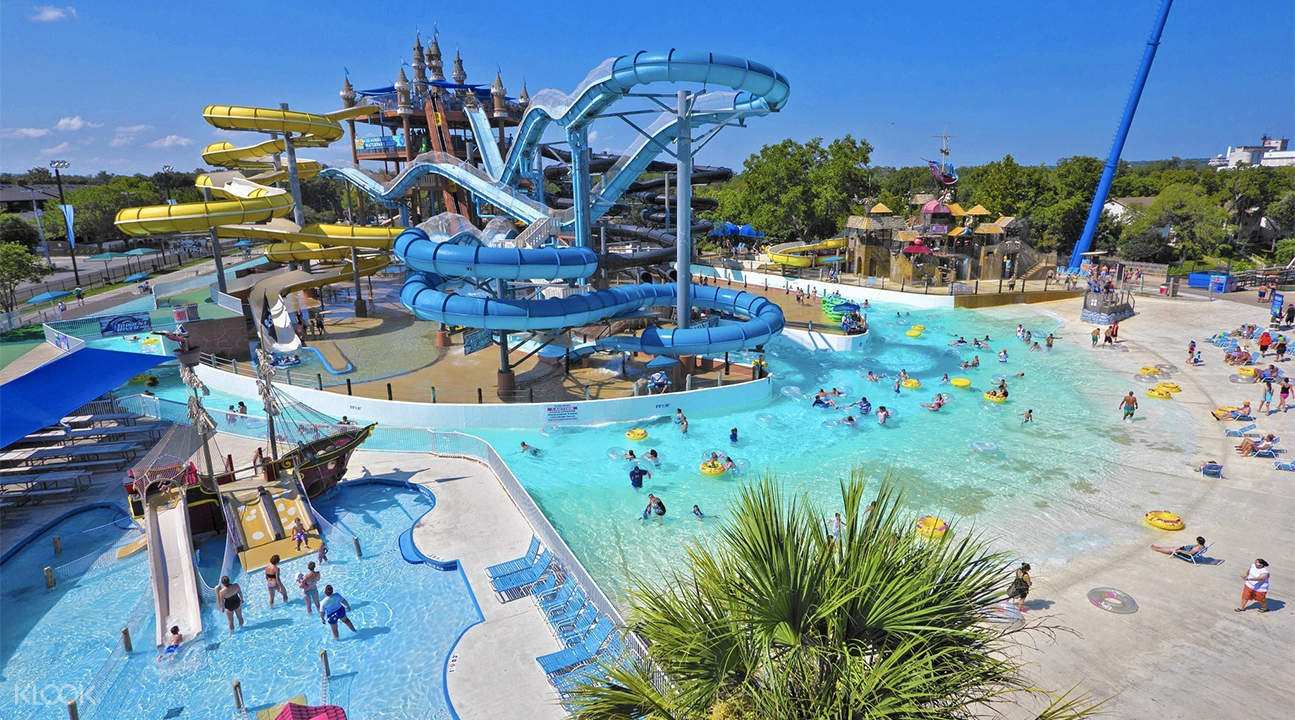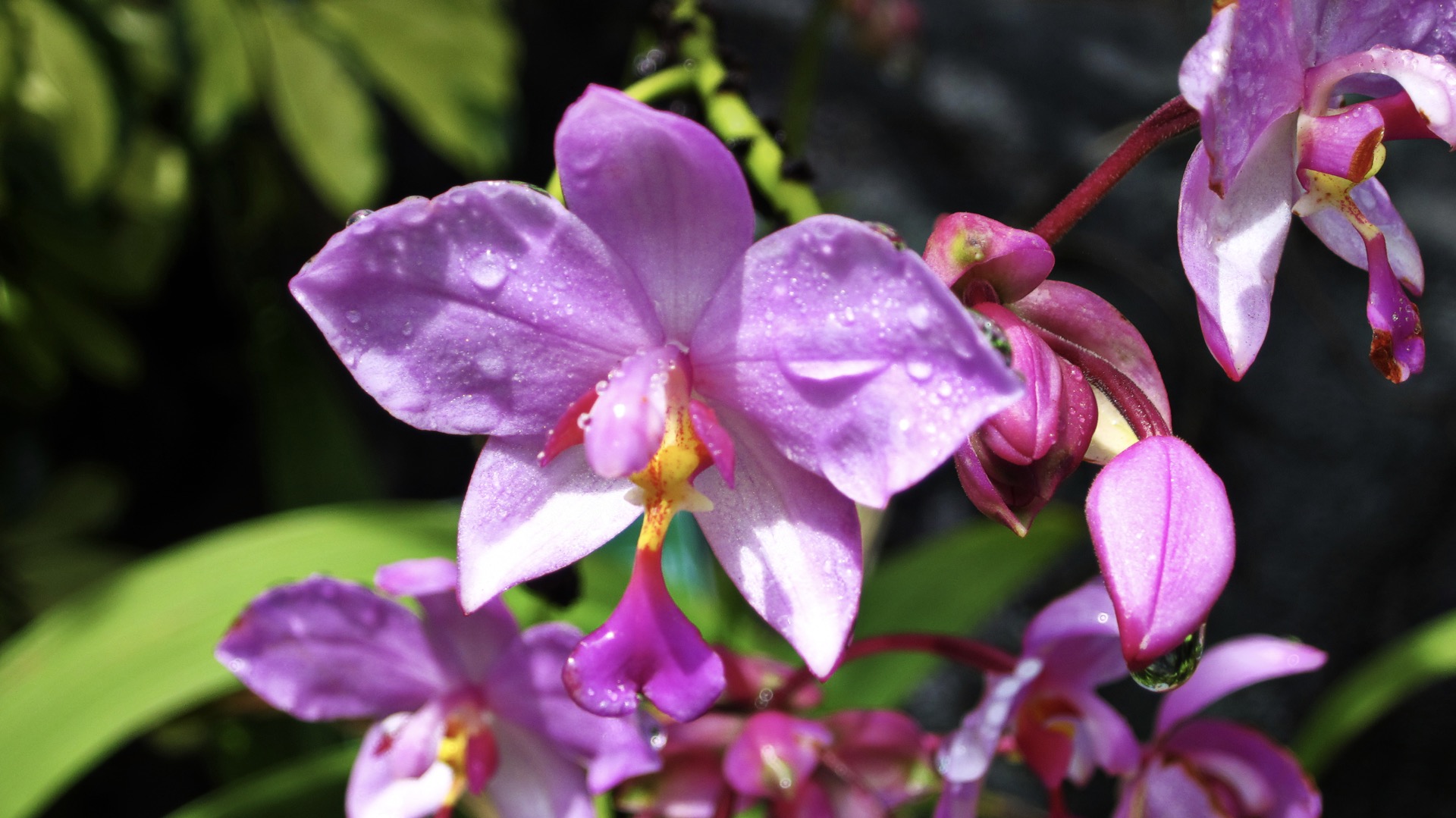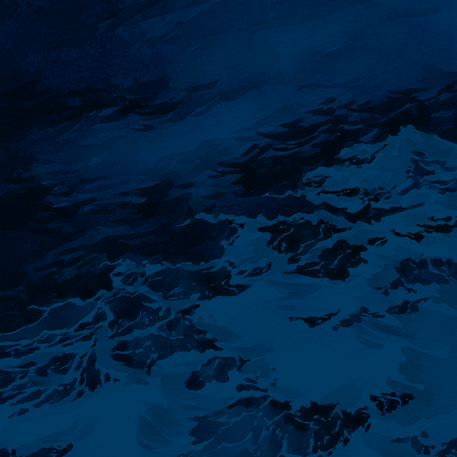Chuns Reef Beach - A Popular Beach Among Surfers
Chun's Reef is a wonderful beach for everyone, with its long beach and fine white sand, as well as a freshwater pond ideal for keiki (children). This beach, located only two miles north of Haleiwa Beach Park, is in the heart of the North Shore surf breakers and is popular with both starting surf schools and professional surfers. The beautiful, wide beach also provides shade, soft sand, and boulders to climb and explore, as well as opportunities for swimming. If the water is totally calm (which is uncommon), it is an excellent place to go snorkeling. There are sandy areas amid the boulders that are ideal for swimming and water sports.
It is a popular stretch of beach on the North Shore of Oahu, and it has grown more renowned with surfers in recent years. The location was named after John Chun, a local surfer who was known for his soft bottom and deep reef. The spot's soft bottom and deep reef are ideal for novice and intermediate surfers who don't want to worry about breaking their boards on jagged, shallow rocks. In addition, the adjacent canal makes paddling out to the lineup in heavy surf conditions much more manageable. For beachgoers, this stretch of beach is usually far less crowded than other neighboring beaches, which is a welcome relief. It is also possible to see the sunset over Ka'ena Point from the west-facing windows of the hotel. Sit back with a picnic blanket or beach chairs and watch the surfers catch waves, or sign up for a surfing instruction with an established company.
There is little parking at the beach park, particularly on weekends, when surf school firms take up much of the roadside space. Chun's Reef is equipped with a lifeguard station, as well as temporary toilets and picnic spaces for groups of people. The rocky shorelines on each side of the beach provide some fascinating chances for tide pool exploration and the observation of some distinctive Hawaiian intertidal marine animals. Keep in mind that seasonal wave waves are much bigger during the winter months. If the water is dangerous to be in, do not go in the water.








